
- #renewable energy
South Korea plans 70% carbon-free power generation
2 months ago

- #climate
Edinburgh bans advertising of high-carbon products
2 months ago
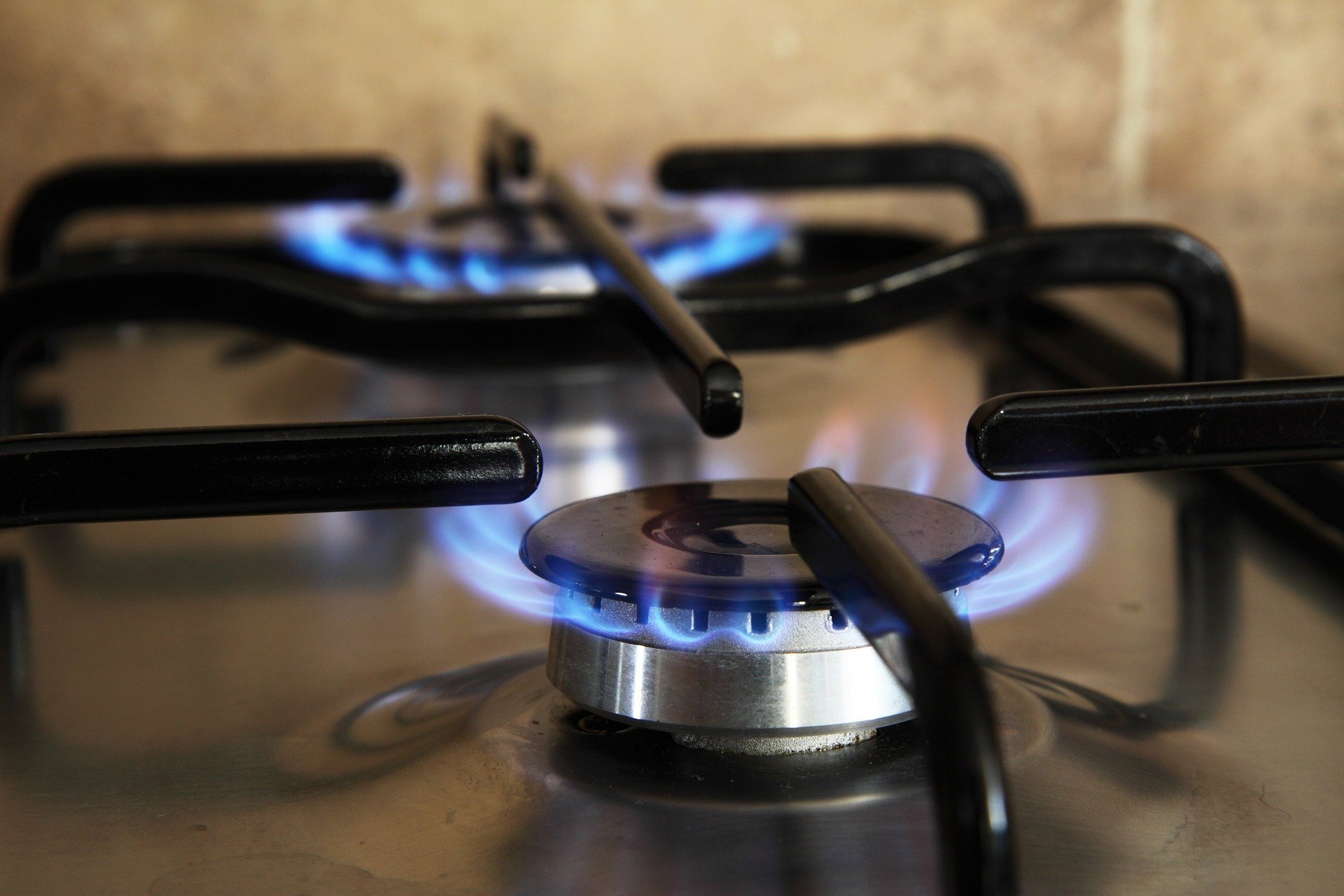
- #green tech
Combating carbon footprint: novel reactor sys
2 months ago
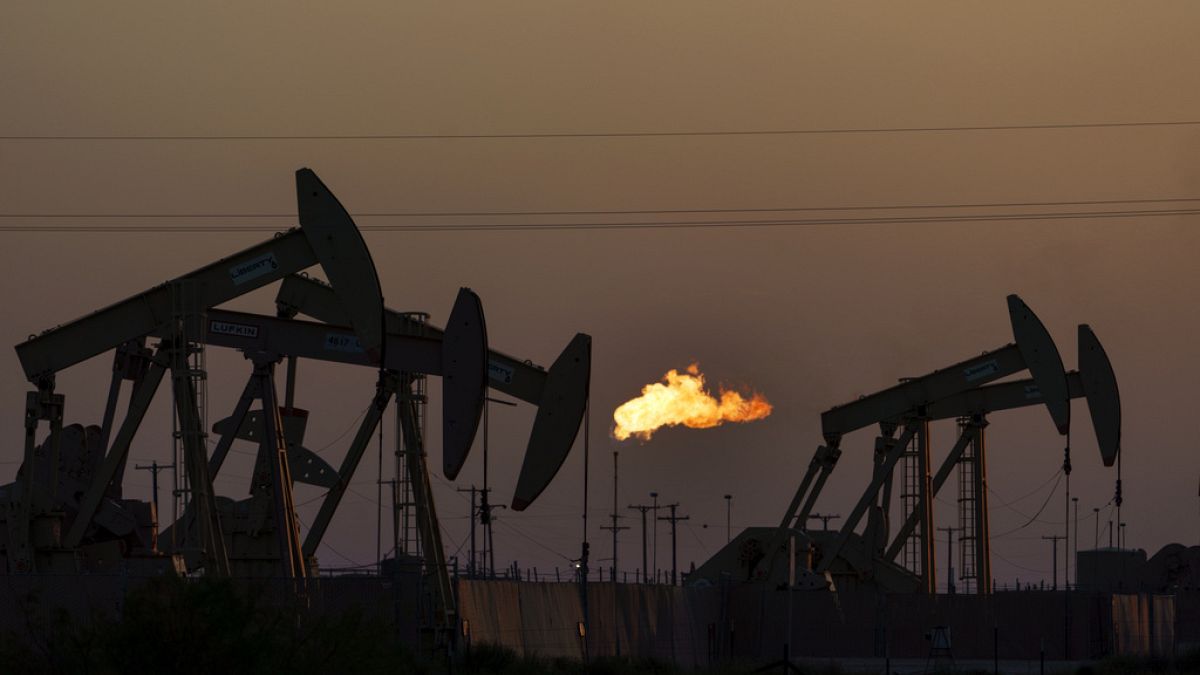
- #sustainable development
Green light for new rules on net-zero industry
2 months ago

- #science
NASA launches climate change satellite
2 months ago
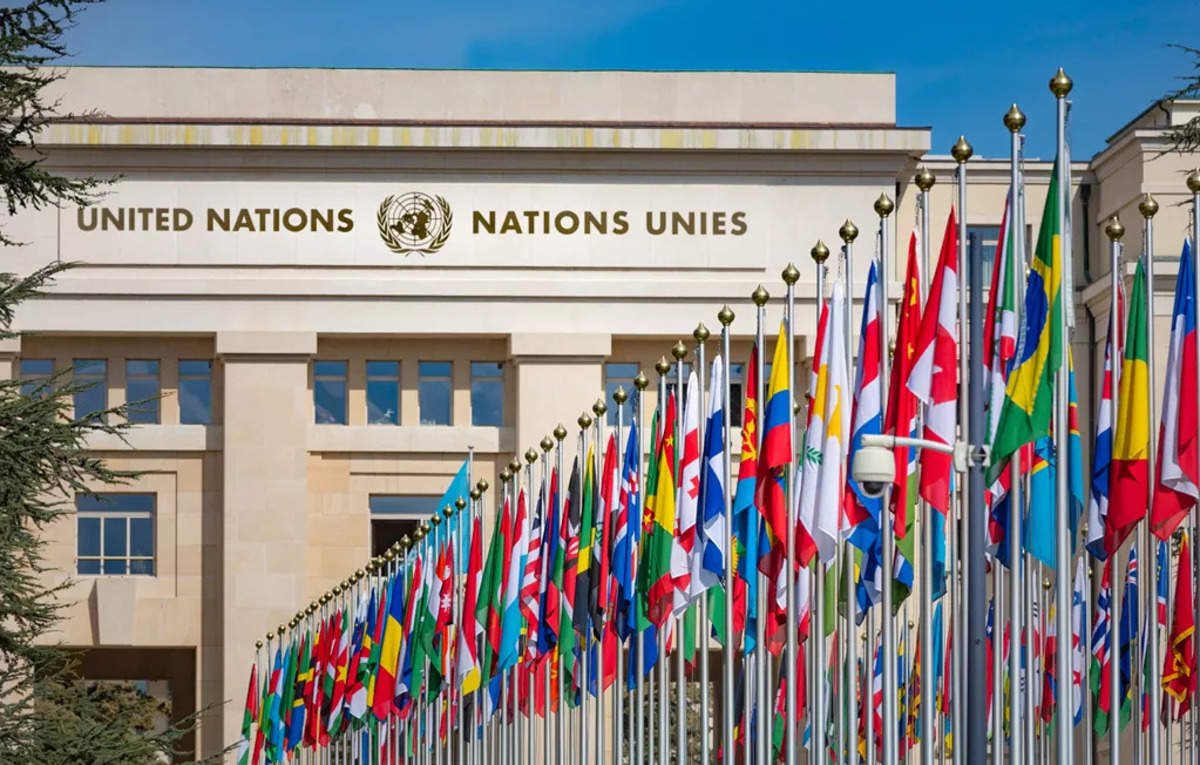
- #environmental law
Agreement reached at UN on biopiracy treaty
2 months ago

- #environmental protection
Lake District Valley named national nature reserve
2 months ago

- #climate
Small island states hail ocean court victory
2 months ago

- #wildlife protection
Forestry England to rewild 8,000 hectares of land
2 months ago
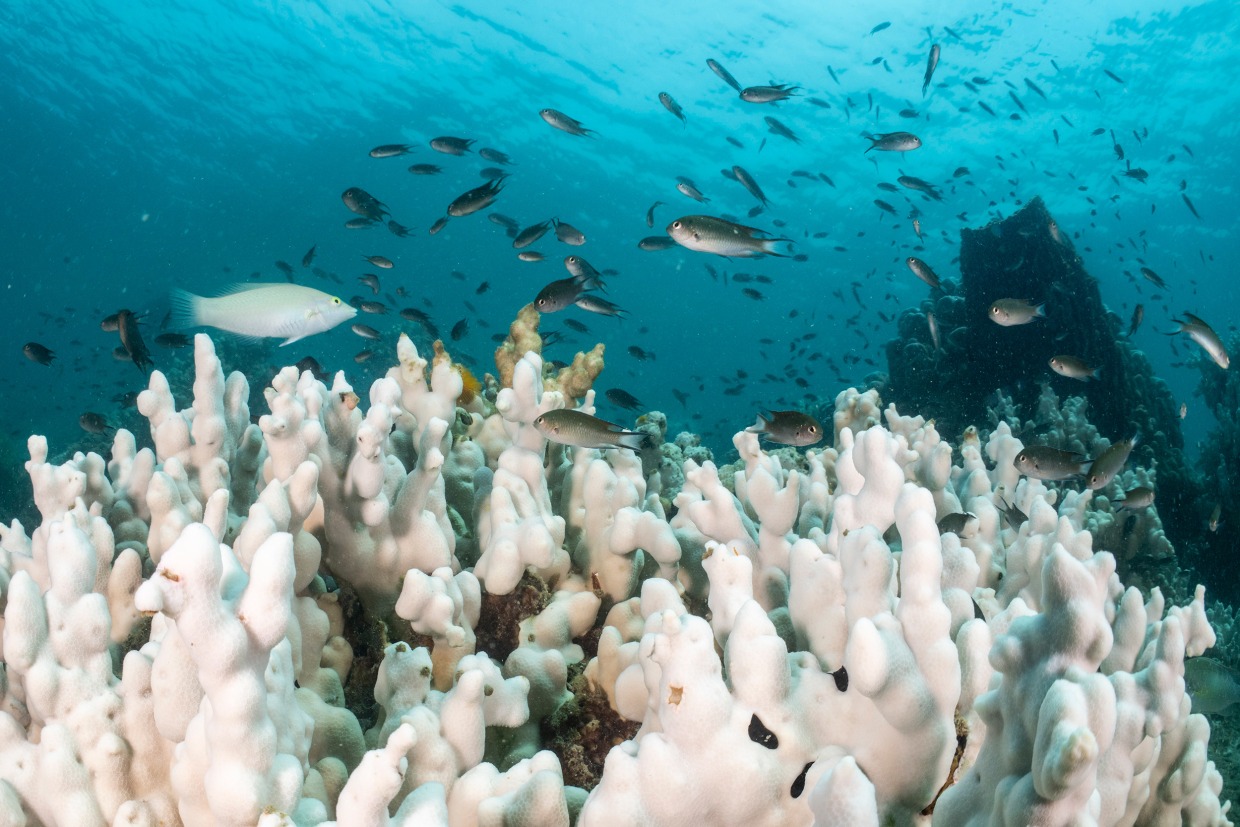
- #undefined
Over 60% of world's coral reefs have bleached
2 months ago

- #renewable energy
Smelting steel without fossil fuels
2 months ago

- #green tech
Brewery yeast enables biofilter water purification
2 months ago

- #green tech
Flour and oats fuel biohybrid reforestation robot
2 months ago

- #transport
EU approve law to slash trucks' CO2 emissions
2 months ago

- #waste
World-first for polyester textile recycling
2 months ago

- #climate
Vermont to charge big oil for climate damage
3 months ago

- #renewable energy
World's largest direct air capture plant starts
3 months ago

- #sustainable development
UK hits 60,000 EV charge point milestone
3 months ago

- #renewable energy
A leap toward carbon neutrality, CO2 to methanol
3 months ago
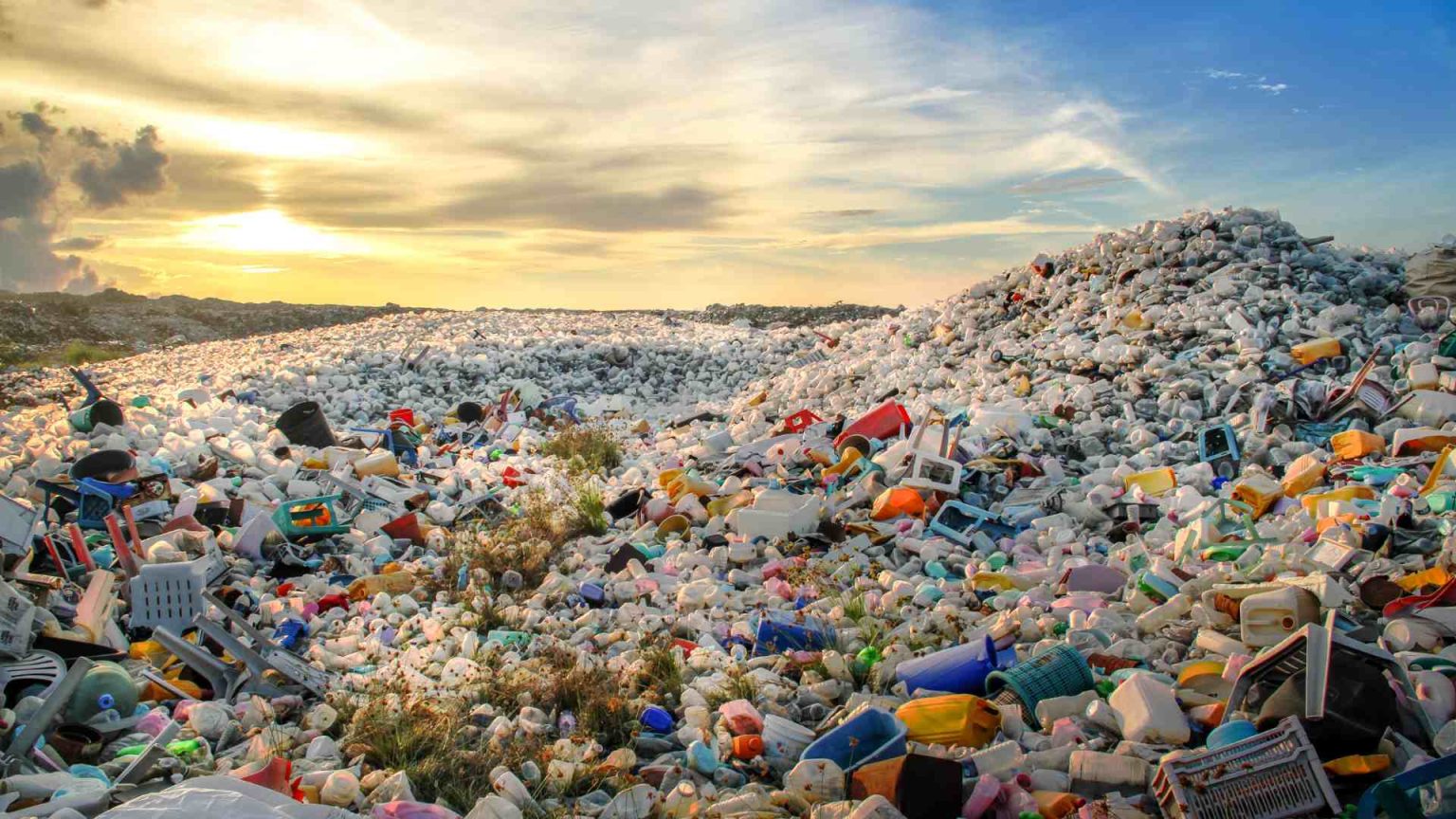
- #renewable energy
Turning plastic waste into clean energy
3 months ago